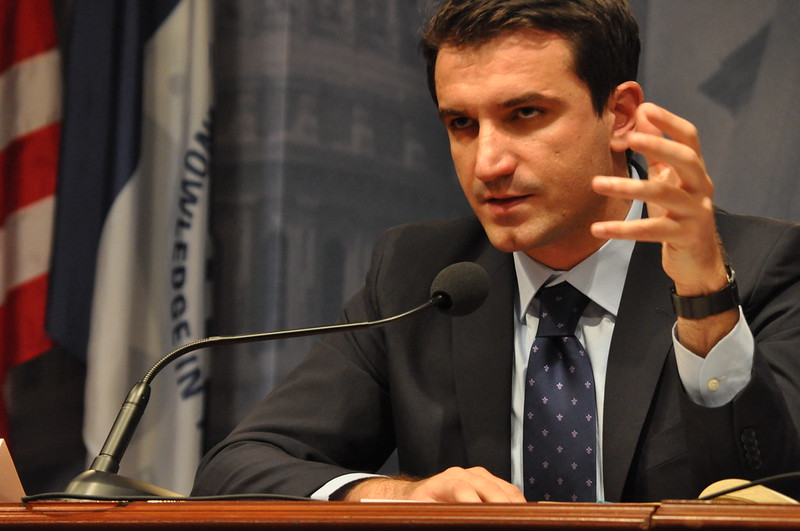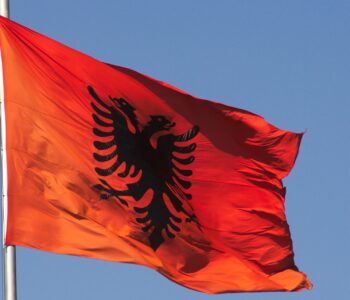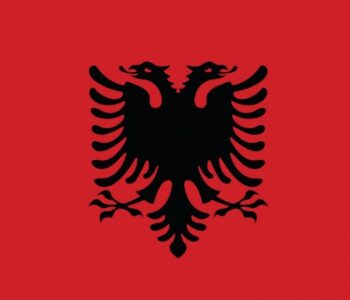 Library
Library
Albania: news outlets faced cyber attacks following reports about…
Albania: news outlets faced cyber attacks following reports about Mayor of Tirana
The partners in the Media Freedom Rapid Response (MFRR) are worried about developments in Albania this week. Cyber-attacks on news outlets believed to be in relation to their reporting on Tirana’s Mayor Erion Veliaj and the appointment of government loyalist Endri Fuga to lead the Media and Information Agency add to existing challenges for media freedom in the country.
DDoS cyber-attacks
In previous days starting on 24 January, several online media were targeted by distributed denial-of-service (DDoS) cyber-attacks, making it difficult to access their websites. RTV Ora, Lapsi.al, Doja.al, Syri.net, Maska.al, Gijotina.al, Faktor.al and SportEkspress were among the affected outlets. Although no concrete evidence has been presented yet, the outlets believe the attacks to be coordinated and connected to their reporting on an ongoing dispute involving Veliaj. He is accused of threatening board members of the Albanian Football Federation (FSHF) ahead of a vote for the head of the governing body. The targeted websites all published an audio recording related to the FSHF elections. On the tape, Veliaj is heard using slurs, coarse language and threats in an apparent attempt to influence the upcoming vote in favour of his preferred candidate. Veliaj has confirmed the authenticity of the recording but stated it should be considered in context. His spokesperson said it was just “boys’ talk”. Chairing the Federation is nominally a non-political position; however, most football teams in Albania are owned by local municipalities, whose mayors vote in the elections.
We call for a swift and effective investigation into these cyber-attacks. DDoS attacks constitute a significant threat to media freedom, as they prevent information from being disseminated resulting in direct censorship, and add financial pressures on the affected outlets.
Doubts about Media and Information Agency impartiality
In addition, we condemn the appointment of Fuga to head the newly established Media and Information Agency (MIA), which centralises control over the government’s public relations within a single entity. Yesterday, following a request for information by BIRN Albania, the government confirmed that Fuga was appointed as General Director of the new Agency by Order of the Prime Minister No. 96, dated 29 September 2021. Fuga was previously the spokesperson for Prime Minister Edi Rama. His appointment in the new role, which holds a status equal to that of a government minister and comes with wide-ranging powers, exacerbates existing doubts about the MIA’s independence and impartiality and fears that it may be instrumentalised to restrict journalists’ access to public information.
The decision to put the MIA into operation is a grave step backwards for government transparency in Albania. We reiterate our call for the establishment of greater safeguards to ensure the Agency functions fairly and transparently, even more so following the public confirmation of Fuga’s appointment as its General Director.
This statement was coordinated by the Media Freedom Rapid Response (MFRR), a Europe-wide mechanism which tracks, monitors and responds to violations of press and media freedom in EU Member States and Candidate Countries.



